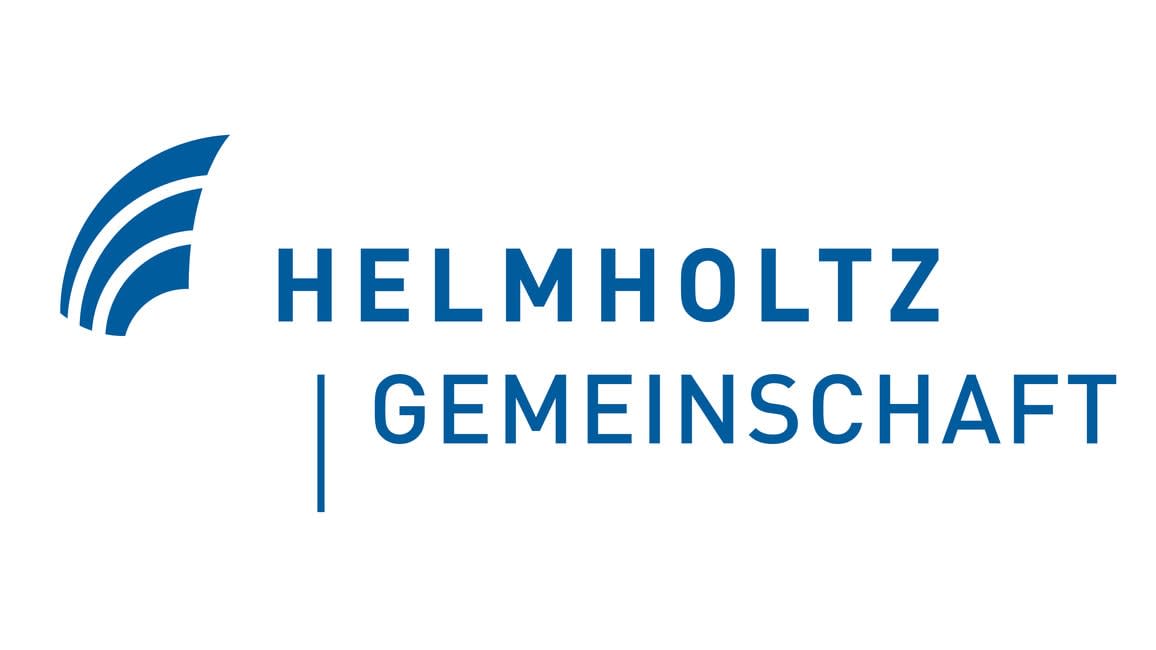

The

Get notified about new job postings
Sign up for free.

The Helmholtz-Gemeinschaft is Germany's largest scientific organization and is dedicated to solving the major challenges of our time through excellent research. With an annual budget of around 6 billion euros and over 46,000 employees in 18 centers, the organization provides a unique platform for interdisciplinary top-level research.
The Helmholtz-Gemeinschaft conducts research in six central areas: Energy, Earth & Environment, Health, Information, Aviation, Space & Transport, and Matter. These research fields cover a wide range of topics, from the development of sustainable energy systems to the study of climate change and environmental changes, as well as health research focused on the early detection of diseases such as Alzheimer’s. Additionally, the organization is a leader in the development of quantum computers and the exploration of the universe.
The mission of the Helmholtz-Gemeinschaft is to contribute to solving the most pressing questions of our society through scientific excellence and interdisciplinary collaboration. The values of the organization include scientific integrity, openness, and the promotion of innovations. The Helmholtz-Gemeinschaft is committed to sharing knowledge quickly and openly to accelerate societal progress.
Sustainability is a central concern of the Helmholtz-Gemeinschaft. The organization develops concepts and technologies for the sustainable use of resources and is engaged in researching climate-friendly energy solutions. One example is the Helmholtz Institute Erlangen-Nuremberg, which researches innovative materials for the use of green electricity. Furthermore, the organization pursues a One Health approach that integrates the health of humans, animals, and the environment to prevent the transmission of dangerous pathogens.
The Helmholtz-Gemeinschaft operates unique research infrastructures worldwide, including powerful X-ray lasers and supercomputers that are used by thousands of researchers each year. The organization promotes technology transfer and collaboration with industry to translate scientific findings into practical applications. Through programs like the Helmholtz Information & Data Science Academy (HIDA), the next generation of scientists is trained to tackle the challenges of the future.
Overall, the Helmholtz-Gemeinschaft stands for future-oriented research that addresses the major questions of our time through interdisciplinary collaboration and innovative approaches, developing solutions for a sustainable future.